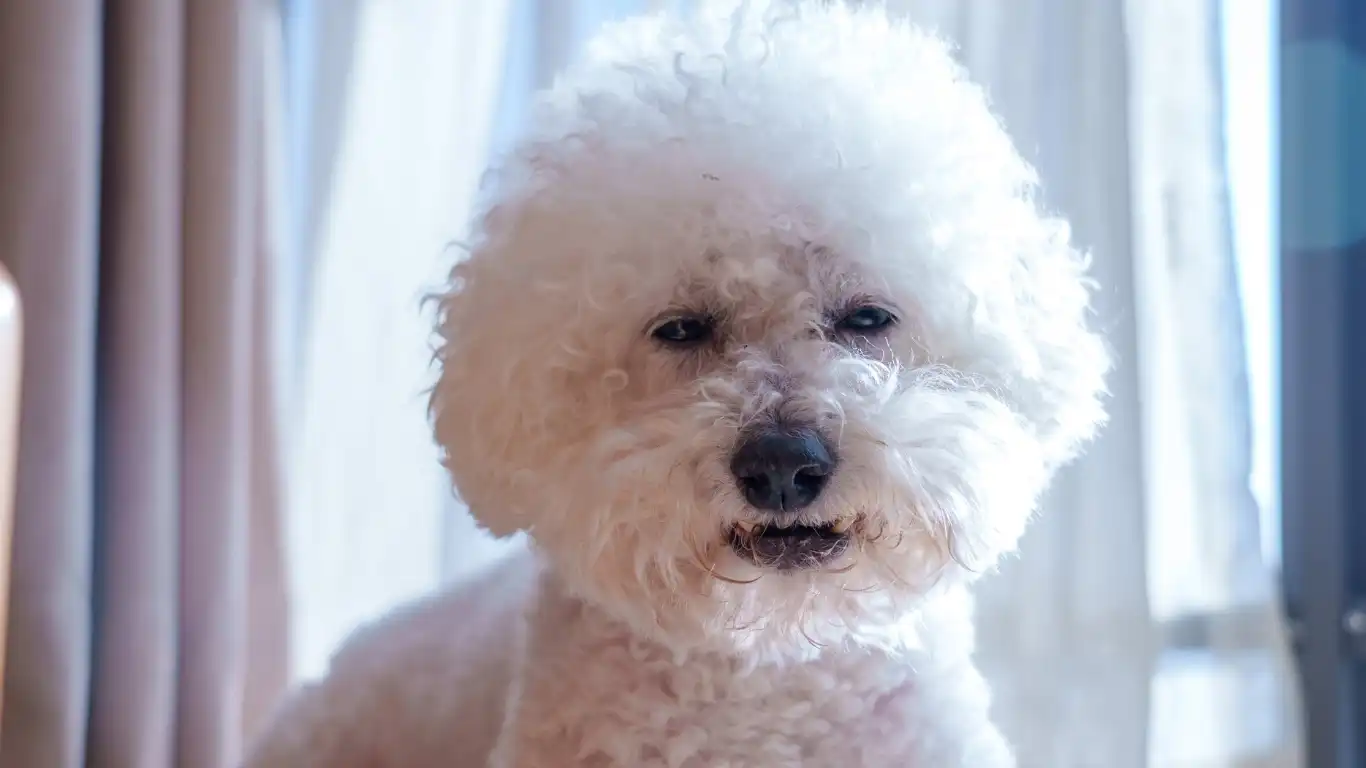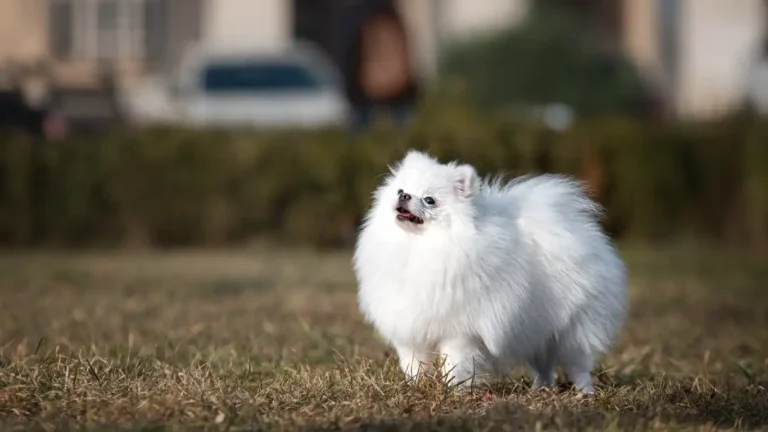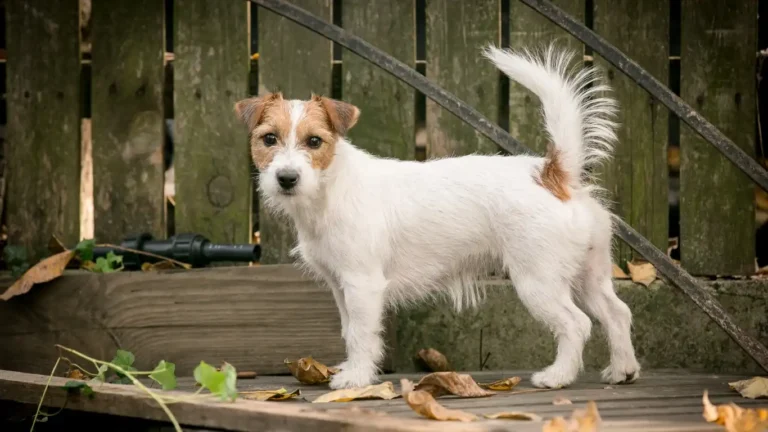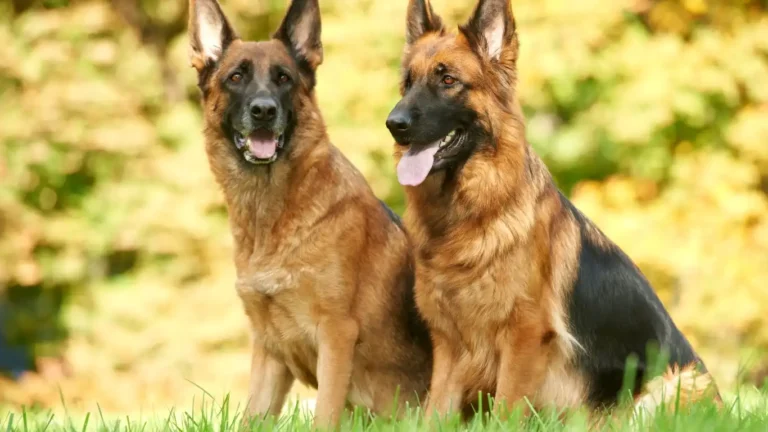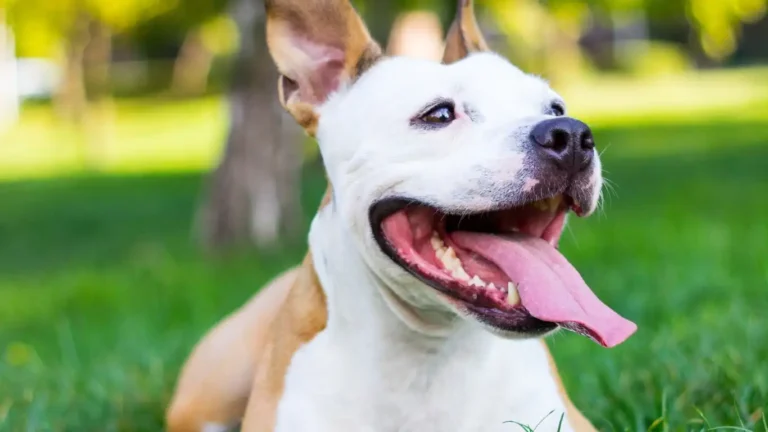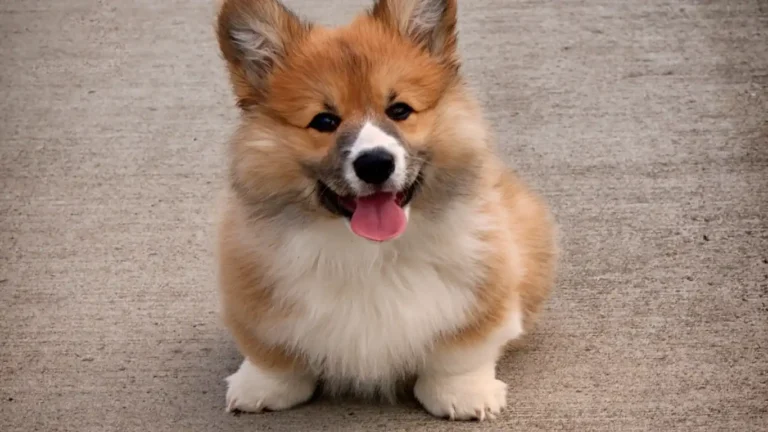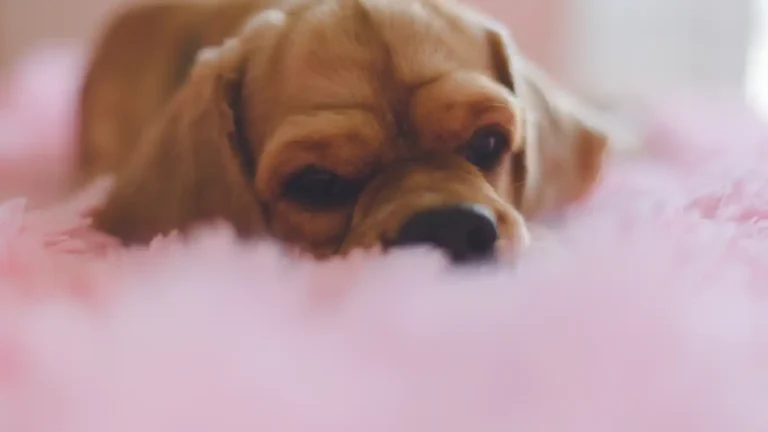Proven Ways to Help Your Dog Build Healthy Social Habits Fast
Let’s talk about something that’s super important but often overlooked: how to help your dog build healthy social habits. As a Veterinary Technician with a special focus on nutrition, I’ve seen firsthand how much a dog’s social life can impact their overall well-being. Just like us, dogs need interaction and companionship—not just with humans, but with other dogs too. And let me tell you, it’s not just about cute puppy playdates or sniffing new butts at the park. Social habits can influence a dog’s stress levels, behavior, digestion, and even how well they respond to training. Yup, it all connects. Let’s dive into how you can help your pup develop these crucial life skills—without turning into a helicopter pet parent.
Why Social Skills Matter for Dogs
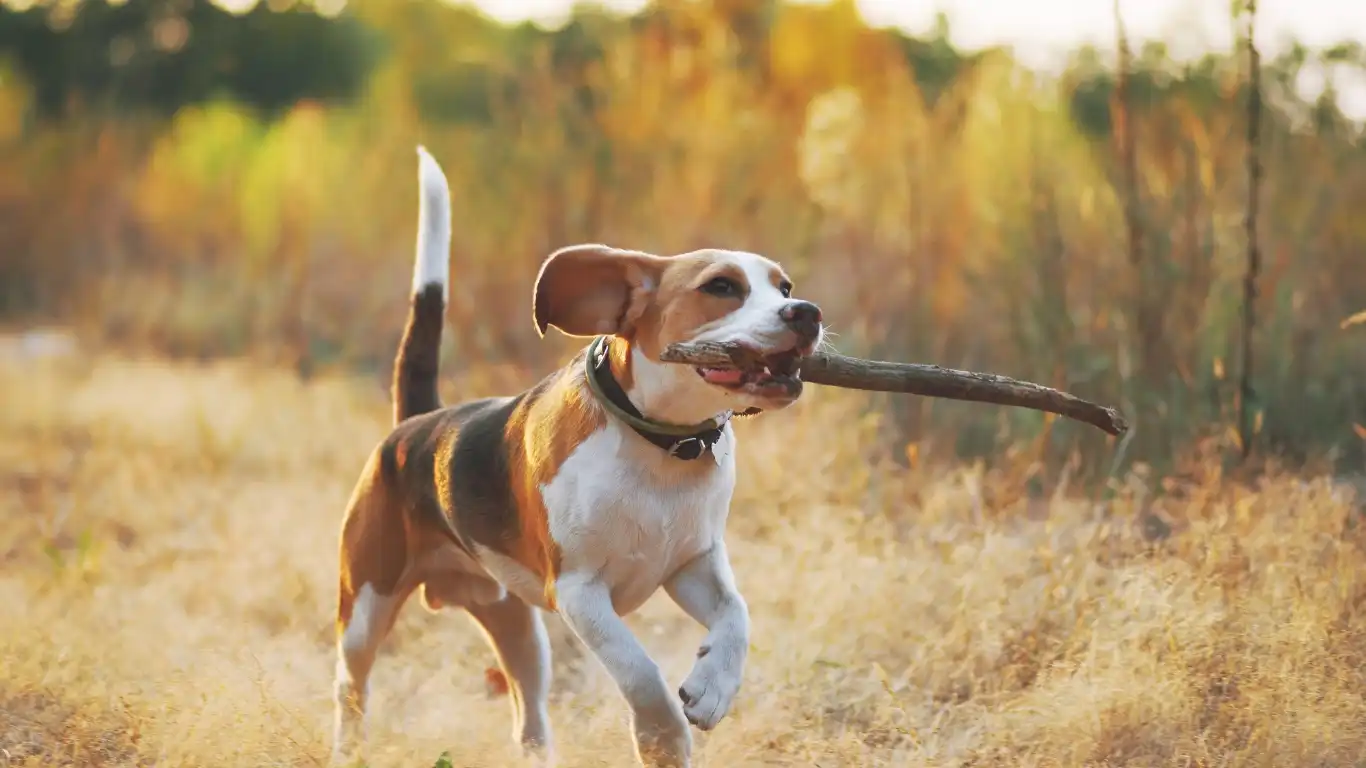
Imagine going your whole life without talking to anyone, or only hanging out with your family inside your house. Sounds kinda miserable, right? That’s how it is for a lot of dogs who don’t get the chance to interact with others. From my years working in clinics and helping clients balance their pets’ physical and emotional health, I’ve noticed that dogs with good social habits are more confident, less reactive, and easier to handle in unfamiliar environments.
Plus, social dogs tend to have fewer behavior problems like excessive barking, chewing, or anxiety when left alone. A well-socialized dog is often a happier dog—and honestly, a less stressed pet parent too.
What “Healthy” Social Habits Actually Look Like
First off, it’s not about your dog being the life of the dog park party. Not all dogs are extroverts. Some are more reserved, and that’s totally okay. The goal here is helping your dog feel comfortable and safe in social settings—whether that’s with other dogs, people, or even new environments.
- Comfortable walking past other dogs without growling or lunging
- Showing curiosity instead of fear when meeting new people
- Being able to play or coexist calmly with other dogs
- Responding to cues even when distractions are present
That’s what we’re aiming for. It’s not about forcing interactions; it’s about encouraging positive ones and giving your dog the tools to navigate their social world.
Start with You: The First Social Bond
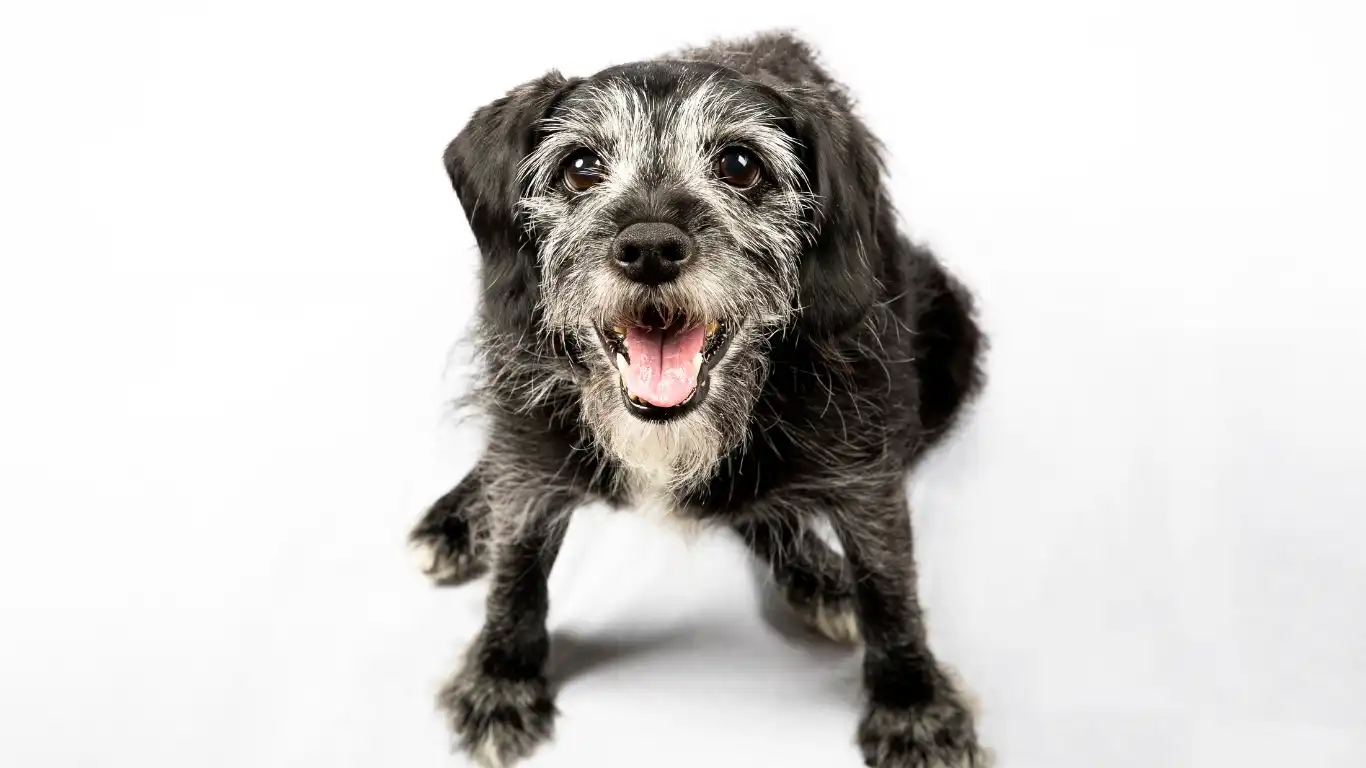
Before you even think about dog parks or group classes, start at home. The relationship between you and your dog sets the tone for how they’ll relate to others. Are you patient? Do you give your dog clear communication and boundaries? If your dog trusts you, they’re way more likely to trust new situations.
Here are a few quick things you can do daily to strengthen your dog’s bond with you:
- Make eye contact during training or play—this builds connection and trust.
- Use positive reinforcement (yes, treats!) to reward calm behavior.
- Keep things low-stress—don’t force your dog into social situations they’re not ready for.
Back in the clinic, I’ve seen how dogs who have a solid relationship with their owners bounce back from stress faster, whether it’s after surgery, boarding, or meeting a new vet tech like me. That trust is everything.
Recognizing Red Flags in Social Behavior

Here’s the thing: not all dogs are going to be naturally social butterflies. And that’s okay. But there’s a difference between being calm and being fearful or reactive. Keep an eye out for some of these signs that your pup might be struggling socially:
- Growling, snapping, or hiding when approached by other dogs
- Tail tucked under, ears pinned back, or constant yawning and lip-licking
- Overexcitement that quickly turns into aggression or meltdown
- Ignoring recall or commands when distracted by others
If any of this sounds familiar, don’t panic. I’ve worked with countless dogs (and pet parents) dealing with these same issues. It just means your dog needs a little extra guidance—and maybe some structured exposure or professional help to build those confidence muscles.
Introducing Socialization Slowly and Safely
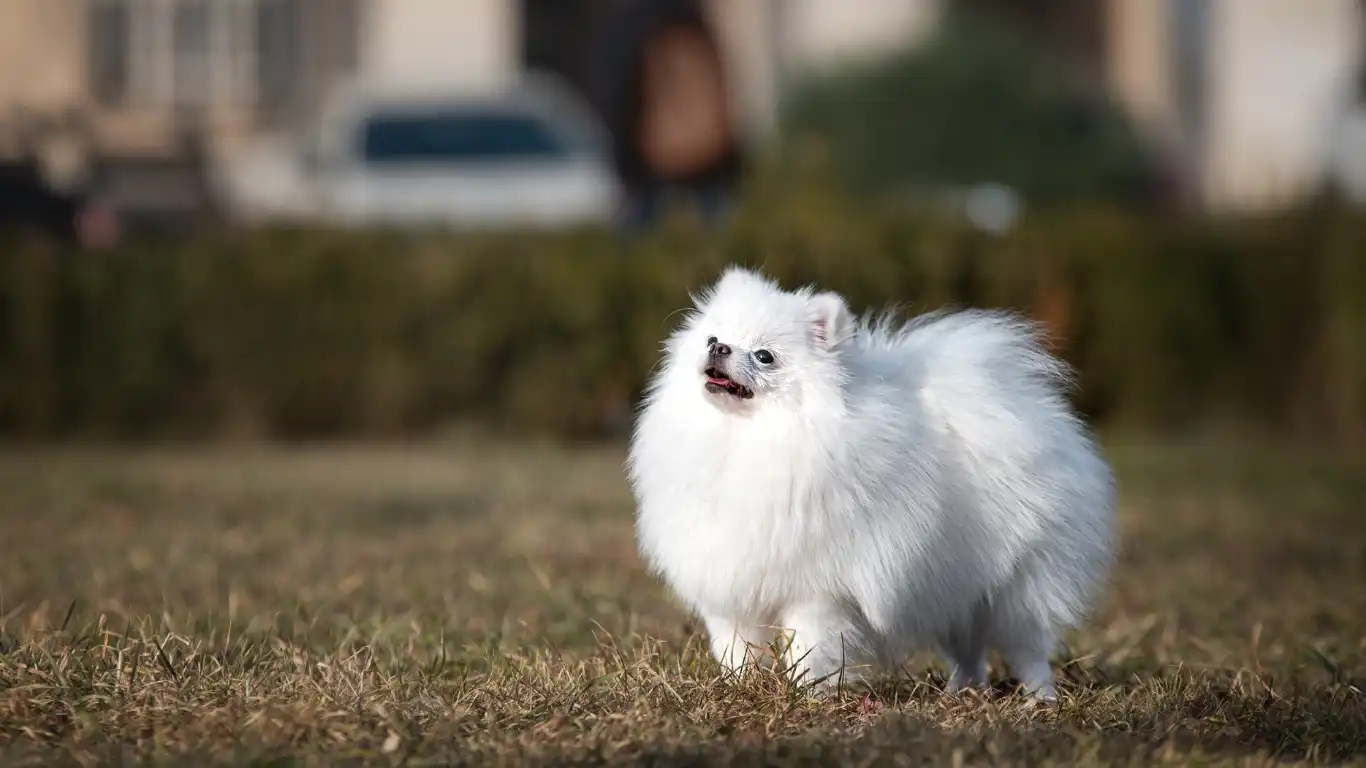
Alright, so your pup’s not exactly winning any social awards yet—no biggie. Let’s talk about how to ease them into the doggy social scene without overwhelming them. From my hands-on experience in vet clinics and working with clients one-on-one, the best outcomes always came when pet parents took a slow and steady approach. Rushing socialization can do more harm than good, especially with shy or reactive dogs.
Start with short, controlled experiences. Think quiet walks in a low-traffic park or calm introductions to a friend’s older, chill dog. Avoid chaotic off-leash parks in the beginning. Trust me—those can be sensory overload central.
My Go-To Tips for Low-Stress Dog Intros
Here’s a little checklist I often share with clients when they ask me how to help their dog build healthy social habits without triggering anxiety or overexcitement:
- Pick the right doggy buddy: Choose calm, well-mannered dogs for first introductions.
- Neutral space is key: Avoid introducing dogs at home where territorial behavior might kick in.
- Keep leashes loose: Tight leashes can make dogs feel trapped and reactive. Use a long lead if you’re nervous.
- Watch body language: Look for wagging tails, loose posture, and soft eyes—those are green flags!
- End on a good note: Always stop the interaction while it’s still positive. Don’t wait for things to go south.
One of my clients had a rescue Lab who used to freak out anytime another dog came near. We worked with a behaviorist and started introducing her to calm, older dogs in neutral spots like hiking trails. After a few weeks, her confidence skyrocketed. All it took was patience, positive experiences, and consistency.
Group Socialization: Classes and Daycare Done Right
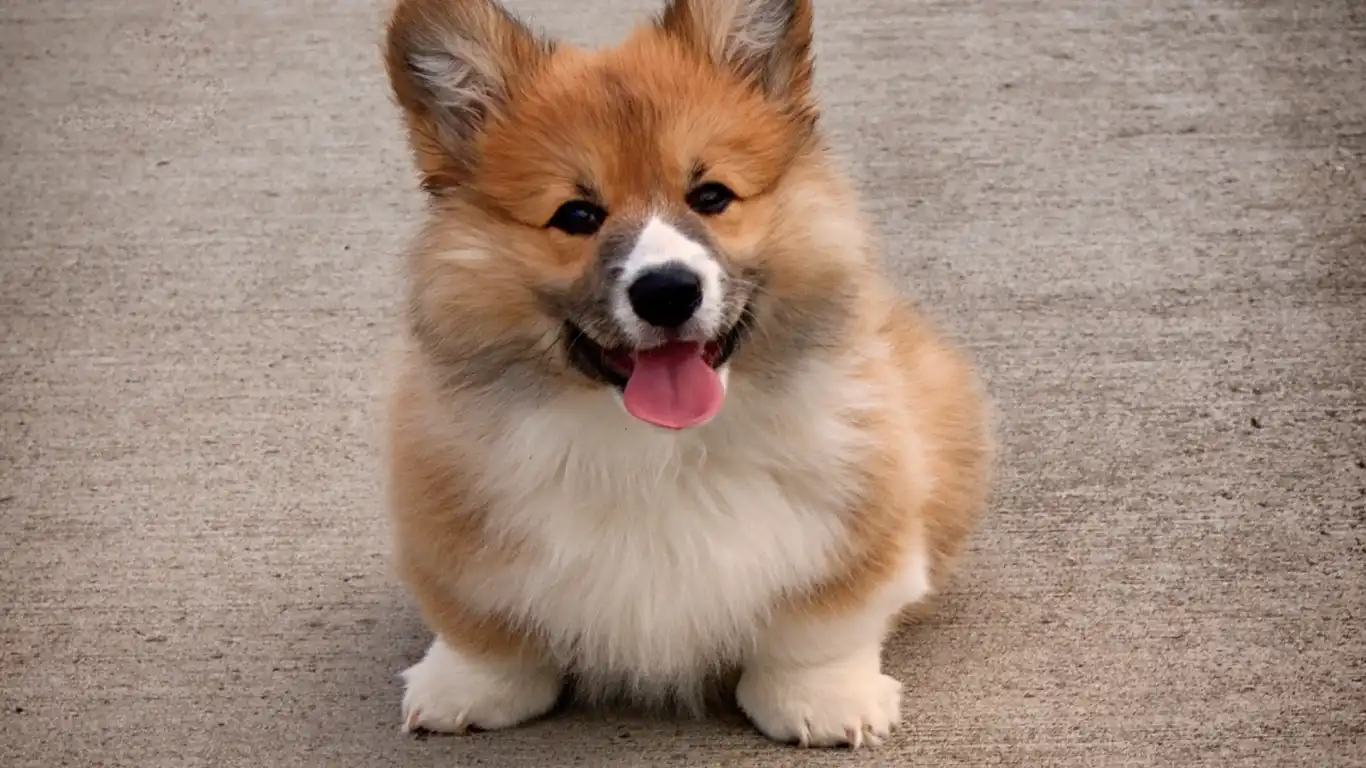
Once your dog starts to build confidence in one-on-one settings, you can start looking into more structured social environments—like group training classes or doggy daycare. But not all programs are created equal.
When clients ask me about social options, I always recommend doing some homework before signing up. I’ve seen dogs thrive in the right environment… and shut down completely in the wrong one. Look for places with small group sizes, certified trainers, and a focus on positive reinforcement. Avoid facilities that allow rough, unmonitored play or use outdated dominance-based training methods. Red flag, folks.
What to Ask Before Enrolling
- Are staff trained in canine body language? (They should be!)
- How are dogs grouped? By size, age, play style?
- What’s the emergency protocol? Always ask, just in case.
- Can you observe first? A reputable facility should welcome a tour or trial day.
And don’t forget to debrief your dog after social outings. Seriously—some pups need time to decompress. Give them space, a comfy spot, and maybe a frozen Kong to unwind. I call it the “doggy download.”
Support Through Nutrition and Routine
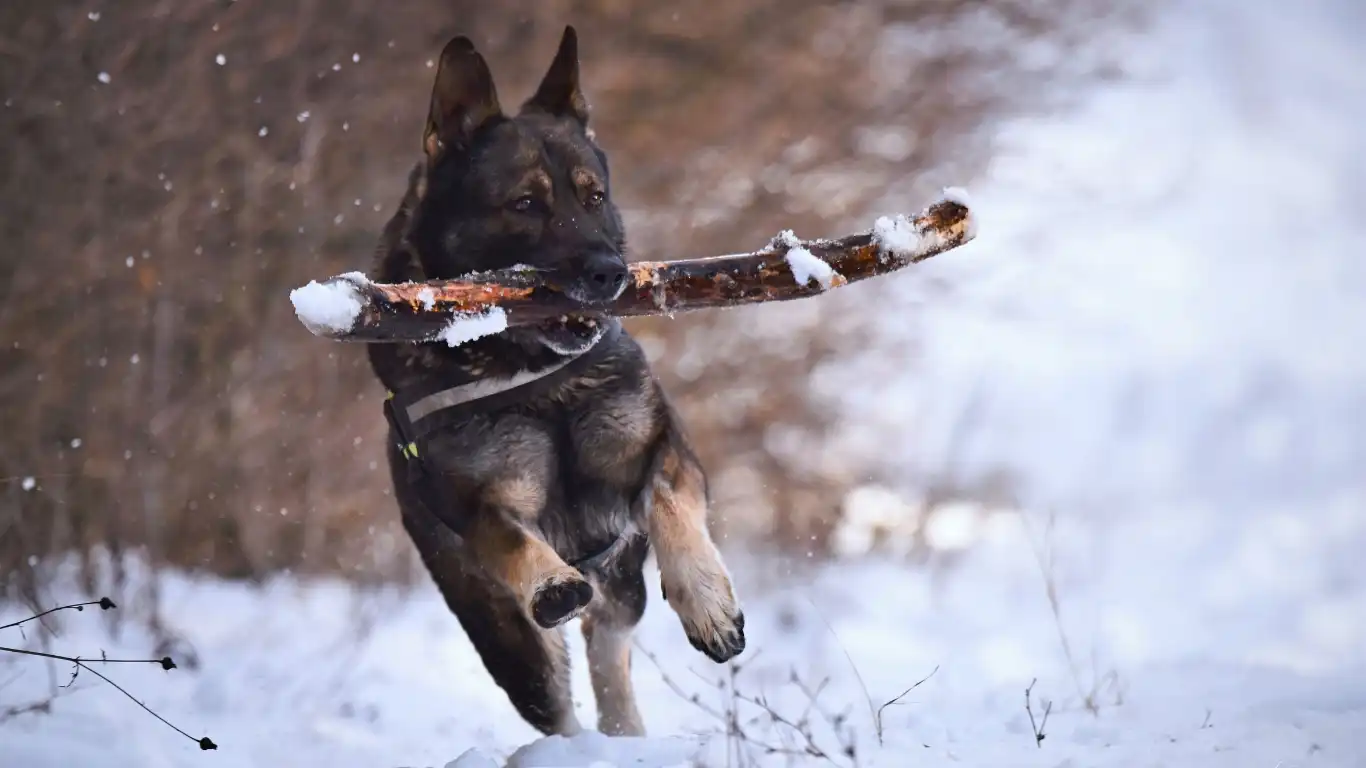
This might surprise you, but one of the most underrated parts of helping your dog build healthy social habits is nutrition and routine. I’ve seen dogs with gut imbalances or inconsistent feeding schedules show more anxiety and less tolerance in social situations.
When the body is out of whack, so is behavior. That’s where my background in nutrition really comes into play. Here’s what I recommend to keep your pup’s body and mind balanced:
- High-quality, balanced meals: Avoid fillers and stick to whole ingredients.
- Regular meal times: Dogs thrive on routine—it keeps hormones and mood more stable.
- Supplements, if needed: I’ve had great success recommending calming chews with L-theanine or omega-3s for brain health.
Also, keep exercise and rest in harmony. Social experiences burn mental energy, so follow busy outings with some serious chill time. Think soft music, low lights, and snuggles. (Honestly, don’t we all want that after a social day?)
From what I’ve observed in both clinic and home settings, dogs with a predictable routine and nourishing diet are more grounded. They’re better equipped to process new experiences and recover from stress. It’s all connected.
Helping Your Dog Overcome Social Setbacks

Even with the best intentions and planning, sometimes things don’t go smoothly. Maybe your dog got overwhelmed at daycare, or a playdate turned into a scuffle. Trust me, I’ve seen it all—dogs hiding behind their owners, barking uncontrollably, or shutting down altogether. It happens. And it doesn’t mean you’ve failed or that your dog is “bad.”
What’s important is how you respond. Just like people, dogs can learn and grow from experiences when they feel supported. I’ve worked with countless pups who bounced back stronger after a setback because their owners gave them the time and tools they needed.
Steps to Bounce Back
Here’s what I usually recommend when a social situation doesn’t go as planned:
- Take a break: Give your dog a few days of downtime. No social pressure, just calm, familiar activities.
- Rebuild confidence: Go back to basics—short walks, puzzle toys, training games at home. Let your dog feel successful again.
- Reflect: Think about what triggered the reaction. Was it too noisy? Too many dogs? Wrong timing? This helps you plan better for next time.
- Use professional help if needed: A certified trainer or veterinary behaviorist can work wonders with fear-based reactions or aggression.
One German Shepherd I worked with used to lose it around bikes and joggers. We did tons of counter-conditioning and confidence building, and a few months later? She was calmly walking on trails like a pro. Dogs are resilient when we give them the right environment to thrive.
How to Help Your Dog Build Healthy Social Habits in Everyday Life

Let’s bring it all together. Social skills aren’t just for dog parks and playdates. They’re part of your dog’s daily life—whether you’re walking through a busy street, hosting guests, or visiting the vet. Here are some everyday moments that are golden opportunities to reinforce social habits:
- Walking in new neighborhoods: Different sights, smells, and sounds help your dog get comfortable with variety.
- Outdoor cafés or pet-friendly stores: Great for practicing calm behavior around strangers and other dogs.
- Grooming and vet visits: Yes, even these count. Cooperative care is a huge part of being socially savvy.
One trick I swear by? Carry high-value treats on outings—something extra tasty like freeze-dried liver or turkey jerky. If your dog sees a trigger but stays calm, reward them. That kind of positive reinforcement builds trust like nothing else. I call it “paying the good behavior rent.”
Consistency Is the Secret Sauce
We’re creatures of habit, and so are our dogs. Helping them become confident and socially balanced isn’t a one-time event—it’s an ongoing process. That doesn’t mean constant training sessions or overwhelming schedules. It just means weaving small, positive exposures into your daily life.
Every experience—good or bad—adds to your dog’s understanding of the world. So the more safe, rewarding social experiences they have, the more adaptable and chill they’ll be. Trust me, this is where the magic happens.
Final Thoughts from the Vet Tech Side
With my background in animal health and nutrition, I can’t stress enough how much emotional well-being affects a dog’s overall health. I’ve seen dogs with chronic anxiety develop digestive issues, skin flare-ups, and even immune challenges. On the flip side, socially fulfilled dogs often recover faster from illness, handle vet visits like champs, and just have this sparkle in their eye. You know the look.
And listen—I’ve worked with dogs from all walks of life. Street rescues, purebred pups, seniors, you name it. No matter their background, they all deserve a shot at being their best selves socially. With patience, empathy, and a bit of creativity, you can absolutely help your dog build healthy social habits. And when they finally walk into a room tail-up, eyes bright, confidently sniffing hello—you’ll know it was all worth it.
Helpful Resources
- American Veterinary Medical Association (AVMA)
- Certification Council for Professional Dog Trainers (CCPDT)
- Association of Professional Dog Trainers
- American Gastroenterological Association – Pet Nutrition & Gut Health
Disclaimer
This article is based on my experience as a Veterinary Technician/Nurse with a specialty in nutrition and behavior support. It is intended for educational purposes only and does not replace professional veterinary advice. Always consult your veterinarian or a certified behaviorist for concerns specific to your dog’s health or behavior.
